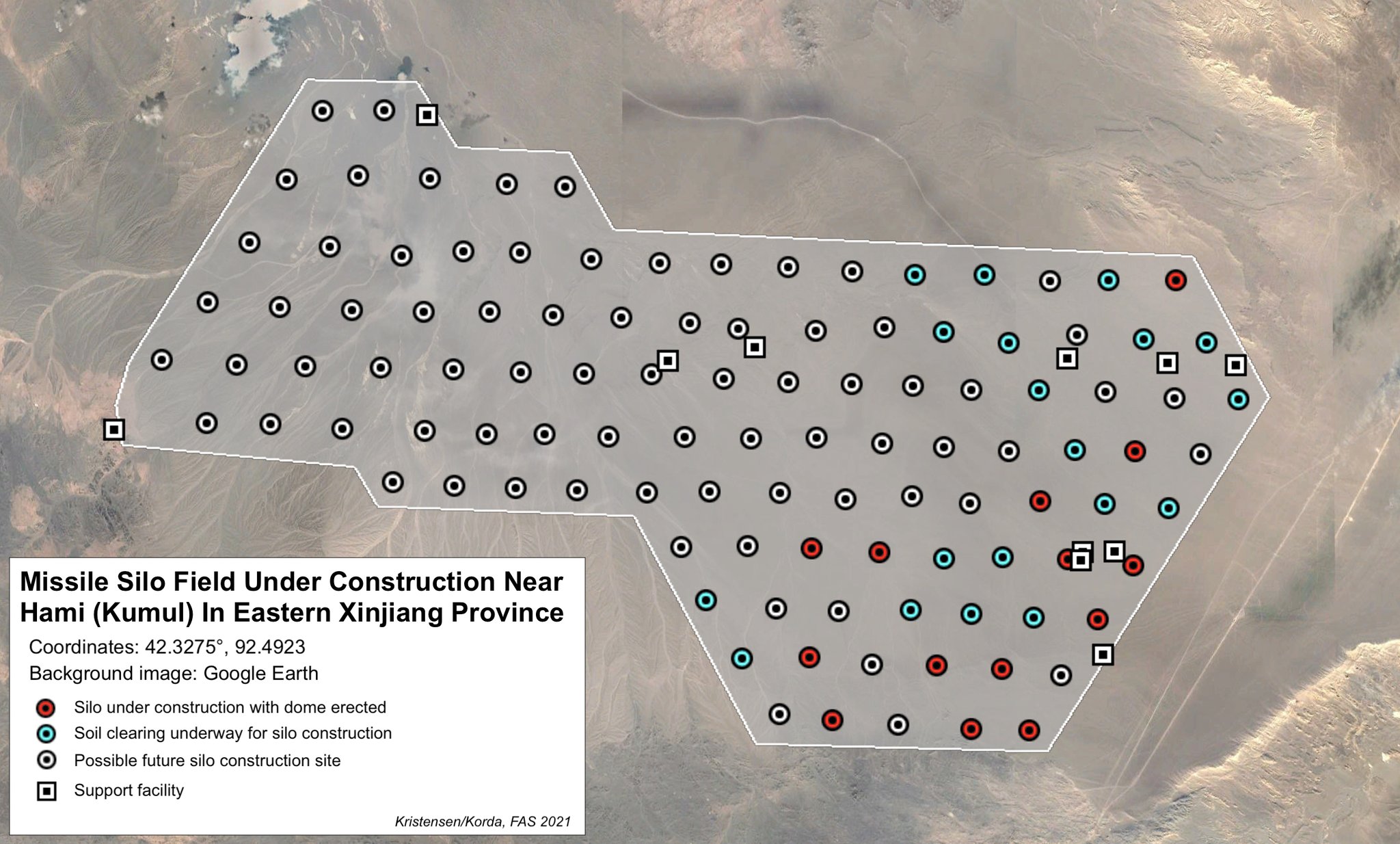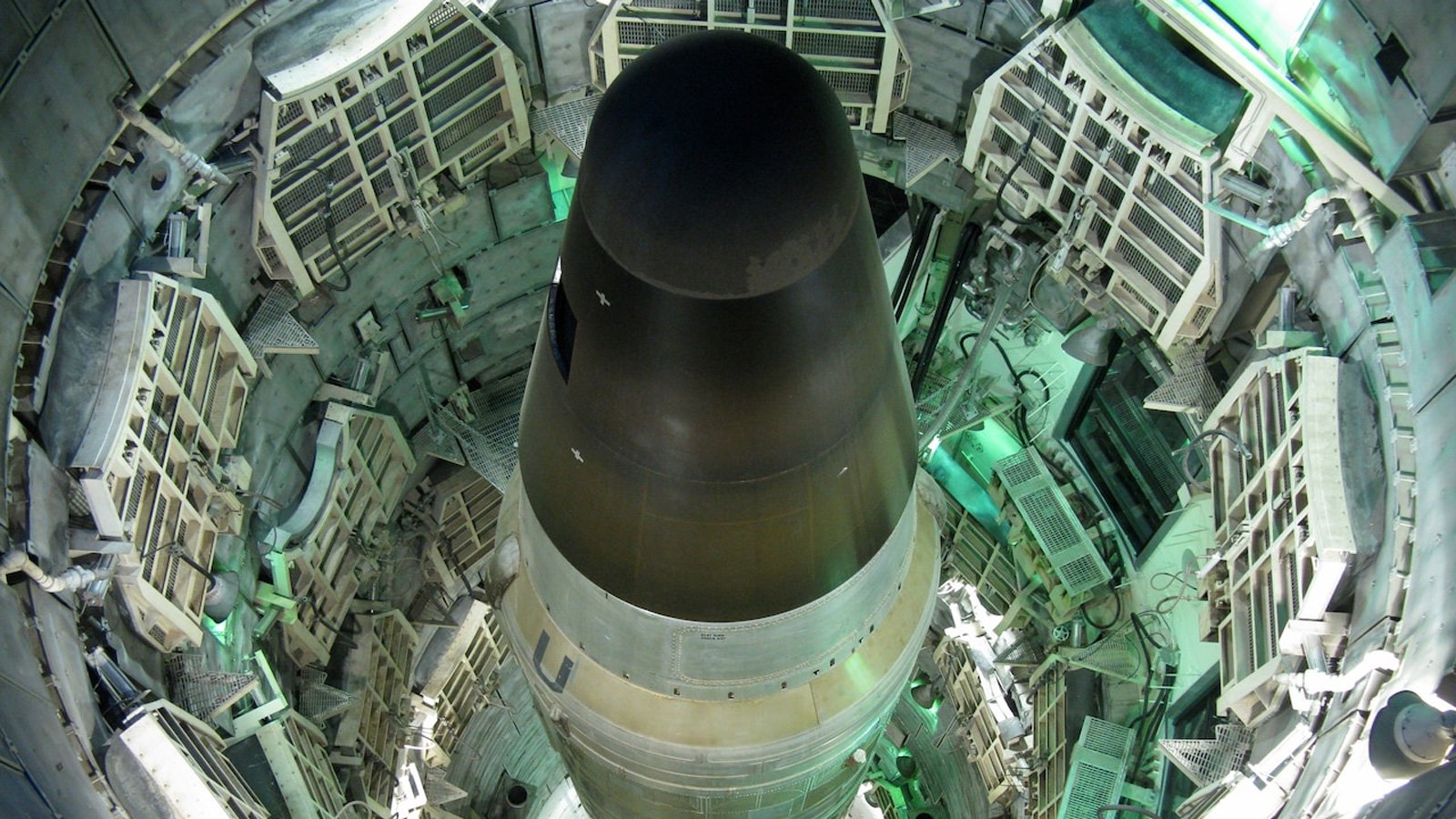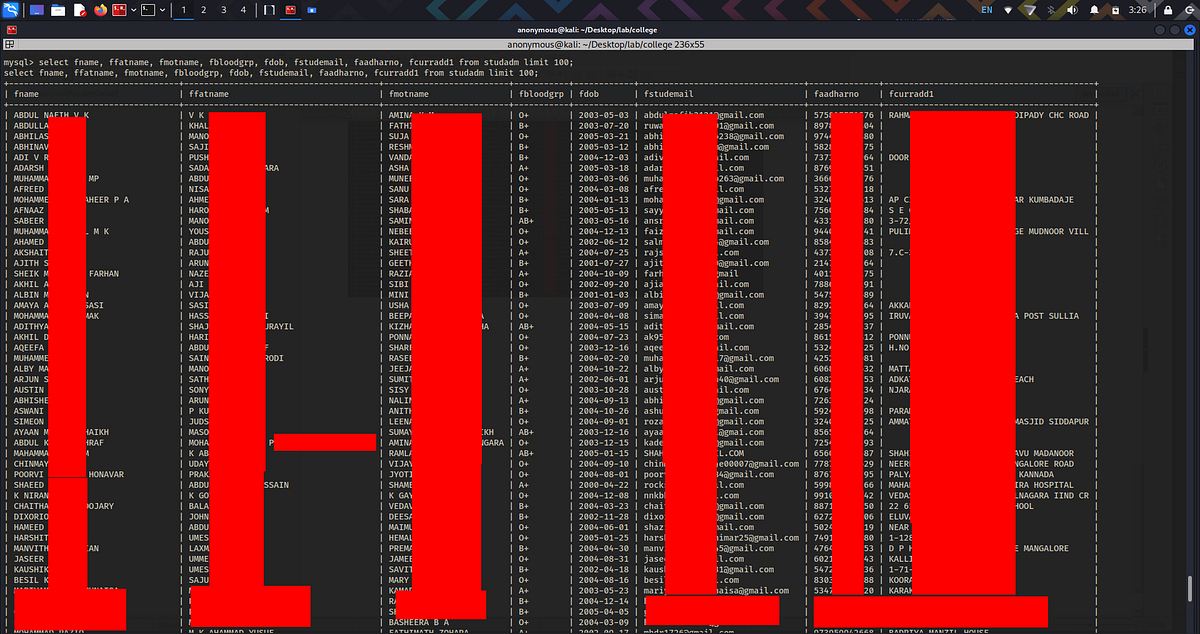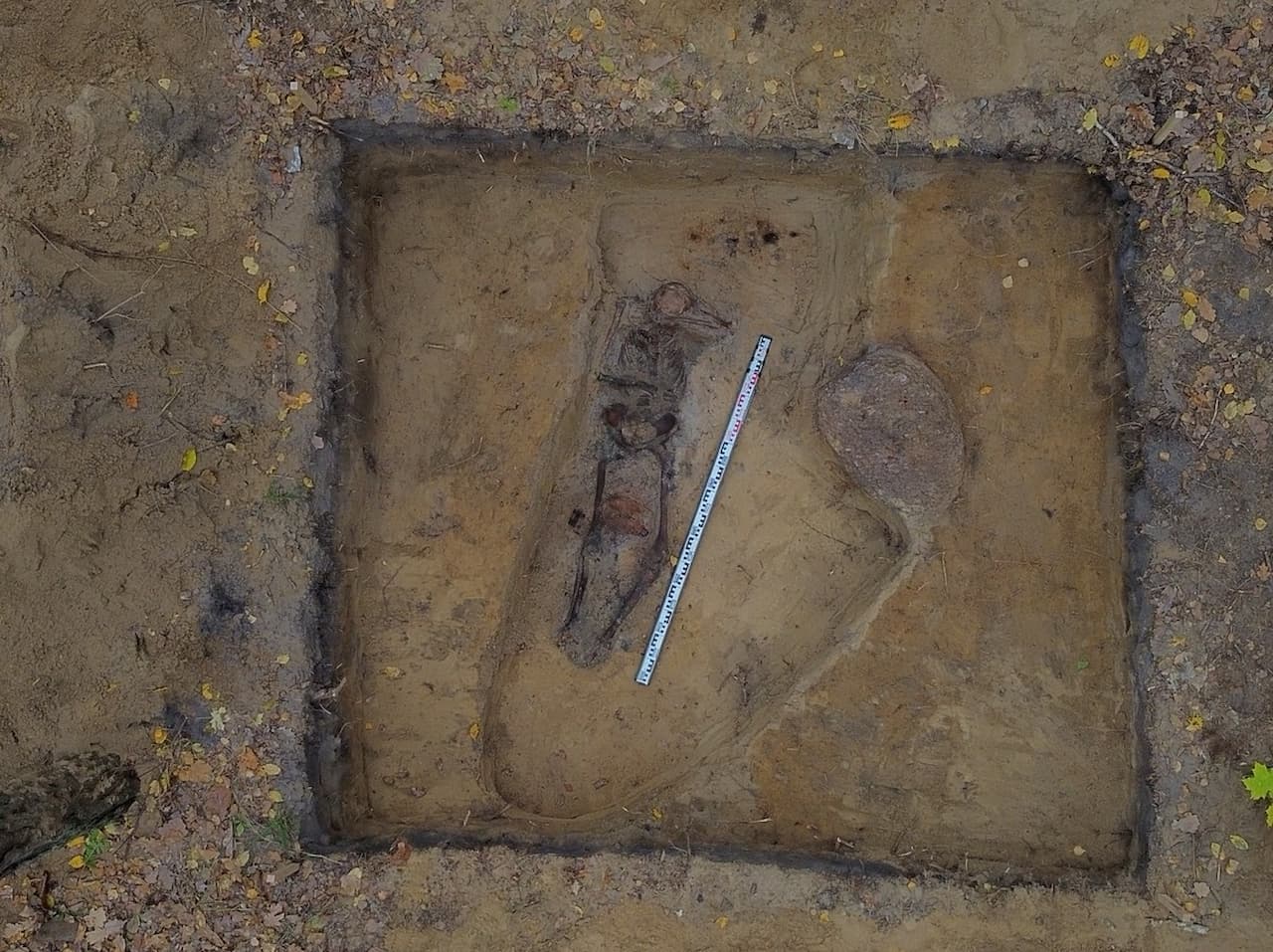Anyone Can Buy Data Tracking US Soldiers and Spies to Nuclear Vaults and Brothels in Germany
Nearly every weekday morning, a device leaves a two-story home near Wiesbaden, Germany, and makes a 15-minute commute along a major autobahn. By around 7 am, it arrives at Lucius D. Clay Kaserne—the US Army’s European headquarters and a key hub for US intelligence operations.
The device stops near a restaurant before heading to an office near the base that belongs to a major government contractor responsible for outfitting and securing some of the nation’s most sensitive facilities.
For roughly two months in 2023, this device followed a predictable routine: stops at the contractor’s office, visits to a discreet hangar on base, and lunchtime trips to the base’s dining facility. Twice in November of last year, it made a 30-minute drive to the Dagger Complex, a former intelligence and NSA signals processing facility. On weekends, the device could be traced to restaurants and shops in Wiesbaden.
The individual carrying this device likely isn’t a spy or high-ranking intelligence official. Instead, experts believe, they’re a contractor who works on critical systems—HVAC, computing infrastructure, or possibly securing the newly built Consolidated Intelligence Center, a state-of-the-art facility suspected to be used by the National Security Agency.






















